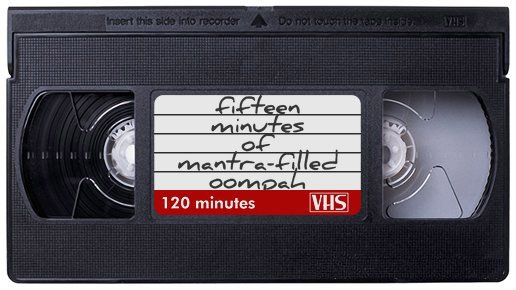Let's go back a bit. Growing up in Chorley in the 70s and 80s meant that a rich cinematic diet wasn't really on the menu. There was a cinema – the archetypal provincial fleapit – but I never became a cinephile.
Being a proud son of Granadaland meant one thing – it was always the small screen for me, from Brass to Brideshead Revisited. (Comics came a bit later…) The only tattoo I've ever considered in my life is the classic and glorious 'G-with-an-arrow' Granada logo.
Anyway, fast-forward to the twenty-first century – an era sadly lacking in silver jumpsuits, hoverscooters and 3-D holographic telly. After the first five-day residential for my MA (including an inspirational lecture on the amount of visual information in the opening 15 minutes of Witness), I realised that I needed to give myself a crash course in cinematic vocabulary.
 After a couple of false starts with wanky academic film studies books, I finally found what I was looking for with a SofaCinema subscription and Closely Watched Films: An Introduction to the Art of Narrative Film Technique by Marilyn Fabe (partially available through Google Books - http://books.google.co.uk/books?id=zMnk5cGz5l0C).
After a couple of false starts with wanky academic film studies books, I finally found what I was looking for with a SofaCinema subscription and Closely Watched Films: An Introduction to the Art of Narrative Film Technique by Marilyn Fabe (partially available through Google Books - http://books.google.co.uk/books?id=zMnk5cGz5l0C). In her book, Fabe breaks down key sequences from films that are emblematic of devel0pments in film style, providing a shot-by-shot analysis of how the film-maker combines image and sound to affect the viewer.
She starts with Griffiths' Birth of a Nation, which laid down the foundations for narrative film, and moves through films such as Battleship Potemkin, Citizen Kane, The Bicycle Thief, Les 400 Coups, Annie Hall and Do The Right Thing.
 While I'm at it, another useful book that avoids a screenwriting-by-numbers approach in favour of a more analytical method is Screen Language: From Film Writing to Film-making by Cherry Potter, a former head of screenwriting at the National Film and Television School. I know this is a bit lazy, but here's her publisher's blurb:
While I'm at it, another useful book that avoids a screenwriting-by-numbers approach in favour of a more analytical method is Screen Language: From Film Writing to Film-making by Cherry Potter, a former head of screenwriting at the National Film and Television School. I know this is a bit lazy, but here's her publisher's blurb: Using sequences from films as diverse as Wild Strawberries, The Lacemaker, For a Few Dollars More, Midnight Cowboy, The Cook, the Thief, His Wife and Her Lover and American Beauty, Potter examines the nature of film language, structure and storytelling, as well as departures from the classic form. A final section, which will be of particular interest to anyone who wishes to write, produce or direct films, looks at the imaginative process of generating film ideas and invites readers to explore their creativity by providing essential guidance and practical exercises.
Anyway, the point of all this is that the other week, at the age of 40 and as a supposed con-wah-sewer of the moving image, I saw Dr Strangelove for the first time. And very enjoyable it was too, in the way that universally acclaimed 'classics' sometimes aren't.
 The script, adapted from Peter George's novel Red Alert by Kubrick, Terry Southern and George himself, beautifully skewers the madness of scientists and military strategists – as embodied by the title character – calculating ways of 'winning' a nuclear war while isolated from reality in their sealed institutional environments.
The script, adapted from Peter George's novel Red Alert by Kubrick, Terry Southern and George himself, beautifully skewers the madness of scientists and military strategists – as embodied by the title character – calculating ways of 'winning' a nuclear war while isolated from reality in their sealed institutional environments. The funniest scenes are the one-sided telephone conversations between US president Merkin Muffley (Peter Sellers) and his unseen, drunken Russian counterpart. Something as seemingly uncinematic as a bloke talking on a phone is transformed into pure gold by brilliant writing: Muffley's responses give the audience the room to fill in the gaps, and heighten the satire by reducing an attempt by the two most powerful men in the world to prevent a nuclear war to the tone of a bickering married couple.
The lesson? Always look beyond the obvious when you're deciding how to present a scene. The exchanges would have totally lost their effect if the president was striding around Ed Harris-style barking out clipped instructions.




